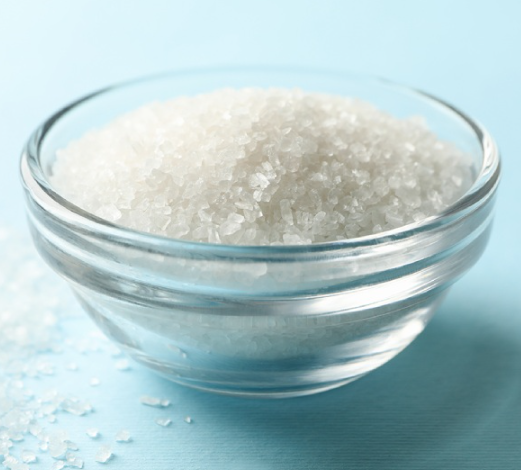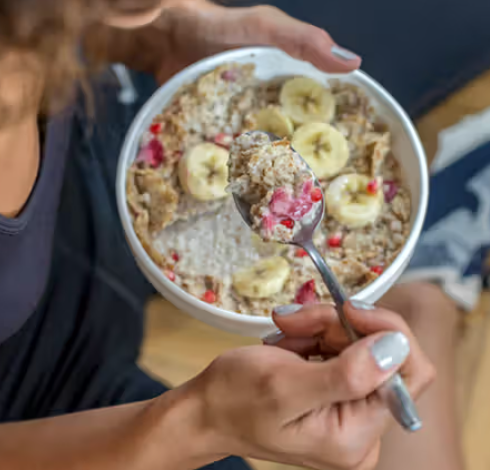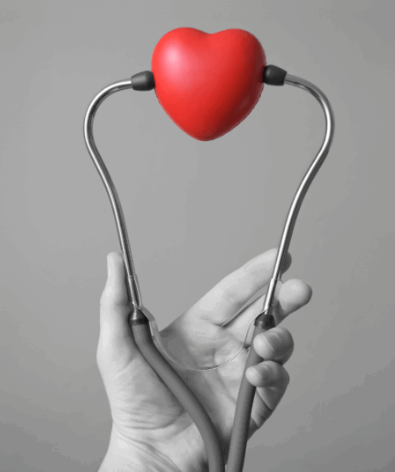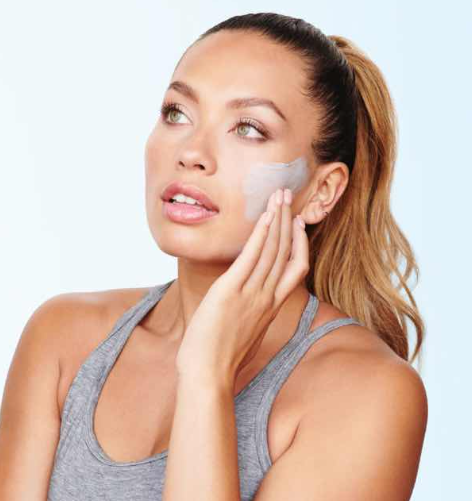
Is Coffee Good for You? Here’s What You Need to Know
For many of us, coffee is more than just a morning pick-me-up. It’s a cherished ritual, a comforting habit that helps us feel energized and ready to take on the day. But when a single cup turns into two, then three, and maybe even more throughout the day, it can feel less like a treat and more like a dependency.
I’m not here to say you should abandon your beloved cup of joe. Personally, I enjoy one cup a few times a week, and I believe there’s research supporting the idea that coffee, in moderation, offers more benefits than risks. But, if you’re relying on coffee throughout the day and feel the effects of caffeine withdrawal when you skip it, it may be time to reassess your relationship with it. Let’s explore both the benefits and potential downsides of coffee and how you can keep it in your life without overdoing it.
How Can Coffee Affect Your Health?
To be clear, the potential health concerns with coffee usually arise when you consume more than two cups per day. I’m sharing this information not to discourage coffee drinking, but so you can make an informed decision about whether it’s right for you. Let’s dive into a few key areas where coffee may be causing some issues.
Coffee and Sleep Quality
A restful night’s sleep, particularly between 11 p.m. and 7 a.m., is vital for your body’s recovery. During this time, your body is busy repairing and regenerating itself. But caffeine, which is present in coffee, can interfere with this process.
Caffeine has a half-life of about five hours, meaning that if you consume caffeine at 3 p.m., a significant amount will still be in your system by 8 p.m. In one study, people who consumed 400 mg of caffeine (about the amount in a large coffee) experienced poorer sleep quality regardless of when they drank it—whether it was at bedtime, three hours before, or six hours before sleep. This suggests that even that mid-afternoon cup of coffee might be preventing you from getting the rest you need.
Adrenal Health and Coffee
When you drink coffee, caffeine triggers a “fight or flight” response, prompting your adrenal glands to release adrenaline. While this is useful in emergencies, like when you need a burst of energy, it’s less helpful when you’re simply sitting at your desk. The adrenaline rush is followed by a crash, leaving you feeling exhausted, anxious, or irritable—leading many people to reach for another cup of coffee.
This constant cycle can eventually lead to adrenal exhaustion, a condition where your adrenals become overworked and inefficient. This can affect several important bodily functions, including hormone production, immune response, blood sugar regulation, and more. The more coffee you drink, the more you may need to get the same energy boost, leading to even further burnout.
Symptoms of adrenal burnout can include persistent fatigue, low blood sugar, mood swings, joint pain, and chronic infections. The good news is that cutting back on caffeine and reducing stress can help restore adrenal health. So if you can stick to one or two cups a day, you might be able to enjoy coffee without experiencing this cycle.
Coffee’s Impact on Breasts and Bones
If you’re someone who’s prone to fibrocystic breast tissue or you have a family history of osteoporosis, too much coffee may not be the best choice for you. Caffeine can increase the tenderness and lumpiness of fibrocystic breasts, which may make it more difficult to perform regular self-exams. If you notice any unusual lumps, be sure to consult your doctor.
For those concerned about bone health, drinking more than three cups of coffee daily can decrease bone density, particularly in women, increasing the risk for osteoporosis. This could be due to caffeine’s interference with calcium absorption and increased calcium loss through urine. If you’re worried about your bones, it might be wise to cut back on coffee consumption.
The Benefits of Coffee in Moderation
While there are potential downsides to overconsuming coffee, moderate intake can actually provide several health benefits. If you can keep your coffee consumption to one or two cups a day, you might enjoy the following advantages:
- Coffee may help prevent heart disease, certain cancers, type 2 diabetes, and insulin resistance.
- It can support weight management.
- Coffee has been shown to protect against liver diseases like fatty liver disease and cirrhosis.
- It can improve digestive health, including helping with stomach ulcers and constipation.
- Regular coffee drinkers may have a lower risk of developing neurological conditions like Alzheimer’s, Parkinson’s, and dementia.
- Studies show coffee drinkers tend to live longer.
So, while it’s easy to think of coffee as something harmful, when consumed in moderation, it can actually be a part of a healthy lifestyle.
How to Cut Back on Coffee Without the Withdrawal Blues
If you feel like you’re dependent on coffee, it’s possible to cut back without experiencing unpleasant withdrawal symptoms like headaches or irritability. Here are some tips to reduce your caffeine intake:
- Take it slow. Don’t try to quit cold turkey. Instead, reduce your intake by a small amount each day over a couple of weeks to avoid withdrawal symptoms.
- Try a green juice. A healthy green juice can give you a boost of energy without the need for caffeine.
- Switch to decaf. Gradually replace some of your regular coffee with decaf to reduce caffeine intake.
- Switch to tea. Green or white tea contains less caffeine and offers other health benefits, like antioxidants.
- Try cacao. Cacao is a natural, lower-caffeine alternative that still gives you a comforting, rich flavor.
- Find an herbal alternative. Products like Teeccino or Dandy Blend provide a coffee-like experience without caffeine.
How to Enjoy Coffee Without Overdoing It
If you love coffee but want to make sure you’re enjoying it in moderation, here are a few tips to keep in mind:
- Opt for organic, shade-grown coffee. These types of coffee are less likely to contain harmful chemicals.
- Stay hydrated. Coffee can be dehydrating, so make sure to drink plenty of water throughout the day.
- Don’t drink it too late. As we discussed, caffeine can stay in your system for hours, so try to enjoy your coffee earlier in the day.
- Be mindful of what you add. Many coffee drinks are full of sugar, dairy, and other inflammatory ingredients. Stick to non-dairy options and minimize sugar.
- Bring your own mug. If you’re grabbing coffee on the go, try to use a reusable cup to reduce waste.
- Consider plant-based coffee alternatives. You can make a healthy version of Bulletproof coffee with plant-based ingredients like MCT oil and vegan butter.
And finally, always listen to your body. If coffee doesn’t agree with you, don’t be afraid to cut back or try alternatives. Your body knows best.
Conclusion
Coffee isn’t inherently bad for you, but like most things, it’s all about balance. By being mindful of how much you consume and when, you can enjoy your coffee without experiencing the negative side effects. Whether you’re a casual coffee drinker or someone who enjoys a cup (or two) every day, keeping an eye on your intake can help ensure that coffee remains a positive part of your routine. Cheers to making informed choices about your health and enjoying your favorite beverage in moderation!






